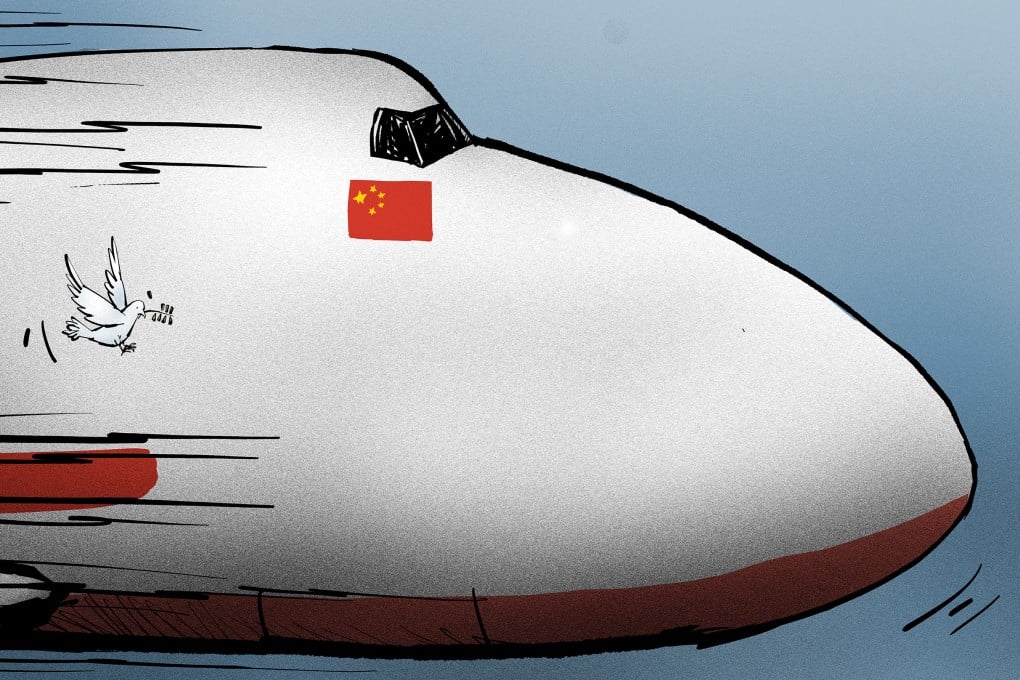Advertisement
Opinion | Why China’s shuttle diplomacy on Ukraine has gained pace
- China’s recent diplomatic efforts related to the Ukraine war offer insights into Beijing’s possible future role in mediating in the conflict
Reading Time:4 minutes
Why you can trust SCMP
0

Beijing’s diplomats have continued to be active on the international stage, keen on positioning China as a global peace mediator. On July 28, China’s special representative on Eurasian affairs Li Hui embarked on his fourth round of shuttle diplomacy on the Ukraine war, travelling to Brazil, South African and Indonesia.
China’s renewed attempts at shuttle diplomacy offer insights into Beijing’s intensified interest in resolving the Russia-Ukraine war.
Li conducted his first round of shuttle diplomacy in May last year and his second round in March this year. Both rounds involved trips to Russia, Ukraine and European nations which have been supporting Ukraine.
In his third round of shuttle diplomacy in May, Li travelled to Turkey, Egypt, Saudi Arabia and the United Arab Emirates. He also had discussions with officials from Brazil, Indonesia, South Africa and Kazakhstan.
A new six-point consensus statement emerged as a result of the third round of shuttle diplomacy which to some extent attempted to develop China’s controversial 12-point peace plan of February 2023.
Very few countries could have objected to the new document, which merely spelled out generally understood principles for negotiating the resolution of a war scenario, such as observing the “three principles” of de-escalation, focusing on dialogue and mediation as the solution, increasing and improving humanitarian assistance to the people on the ground, opposing the use of nuclear, biological, and chemical weapons, opposing attacks against nuclear power plants, and strengthening collaboration on issues related to global supply chains.
Advertisement

